Improve fruit tree spray regiment by treating surrounding land?
garedneck
11 years ago
Related Stories
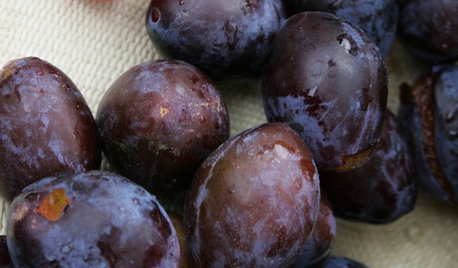
FRUIT TREESHow to Grow Your Own Juicy Plums
Easier than other stone fruits and with a variety of colors to choose from, plums are a versatile garden addition
Full Story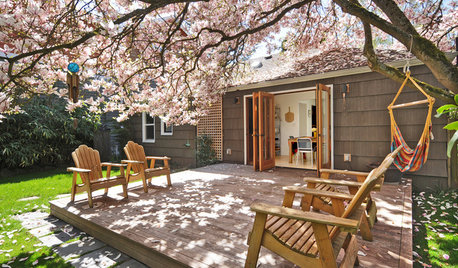
ARBOR DAY8 Reasons to Plant a Great Tree
Beauty is its own reward, but the benefits of planting the right tree in the right place go way beyond looks
Full Story
TREE HOUSESHouzz Call: Show Us Your Well-Designed Treehouse or Tree Fort!
Got a great treehouse or tree fort? We want to see it! Post yours in the Comments and we’ll feature the best in a future article
Full Story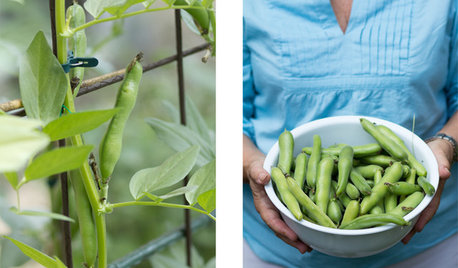
SUMMER FRUITS AND VEGETABLESSummer Crops: How to Grow Beans
Grow your own beans for amazing variety and healthy, convenient produce all summer
Full Story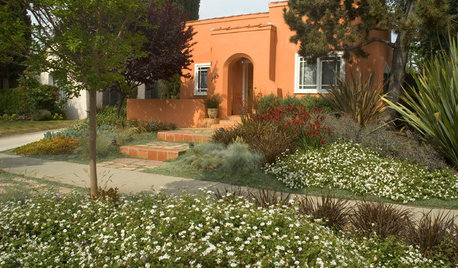
GREAT HOME PROJECTSHow to Replace Your Lawn With a Garden
New project for a new year: Lose the turfgrass for energy savings, wildlife friendliness and lower maintenance
Full Story
FARM YOUR YARDHow to Grow Vegetables in Containers
Get glorious vegetables and fruits on your patio with a pro’s guidance — including his personal recipe for potting mix
Full Story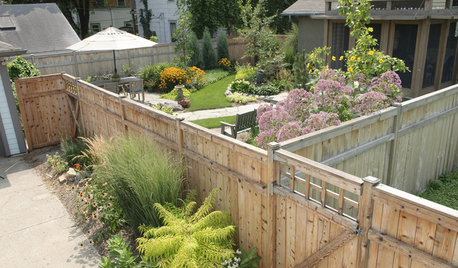
FENCES AND GATESHow to Install a Wood Fence
Gain privacy and separate areas with one of the most economical fencing choices: stained, painted or untreated wood
Full Story
GARDENING GUIDESGarden Myths to Debunk as You Dig This Fall and Rest Over Winter
Termites hate wood mulch, don’t amend soil for trees, avoid gravel in planters — and more nuggets of garden wisdom
Full Story
GREAT HOME PROJECTSWhat to Know About Adding a Reclaimed-Wood Wall
Here’s advice on where to put it, how to find and select wood, what it might cost and how to get it done
Full Story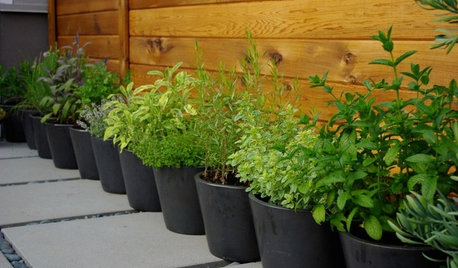
GARDENING GUIDES6 Ways to Grow Edibles in Small Places
No big backyard? Join in the grow-your-own fun with these small-space ideas for planting vegetables, fruits and herbs
Full StoryMore Discussions






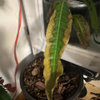
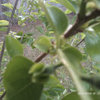
rmbill
Kevin Reilly
Related Professionals
Ferndale Landscape Architects & Landscape Designers · Palm Springs Landscape Architects & Landscape Designers · Salisbury Landscape Architects & Landscape Designers · Sand Springs Landscape Architects & Landscape Designers · Washington Landscape Architects & Landscape Designers · Beachwood Landscape Contractors · Cupertino Landscape Contractors · Damascus Landscape Contractors · East Lake-Orient Park Landscape Contractors · Gloucester Landscape Contractors · Hannibal Landscape Contractors · Oviedo Landscape Contractors · Pahrump Landscape Contractors · Snoqualmie Landscape Contractors · Tacoma Landscape ContractorsRandy31513
alan haigh
olpea
ken_adrian Adrian MI cold Z5
alan haigh
garedneckOriginal Author
blazeaglory
alan haigh
blazeaglory
Randy31513